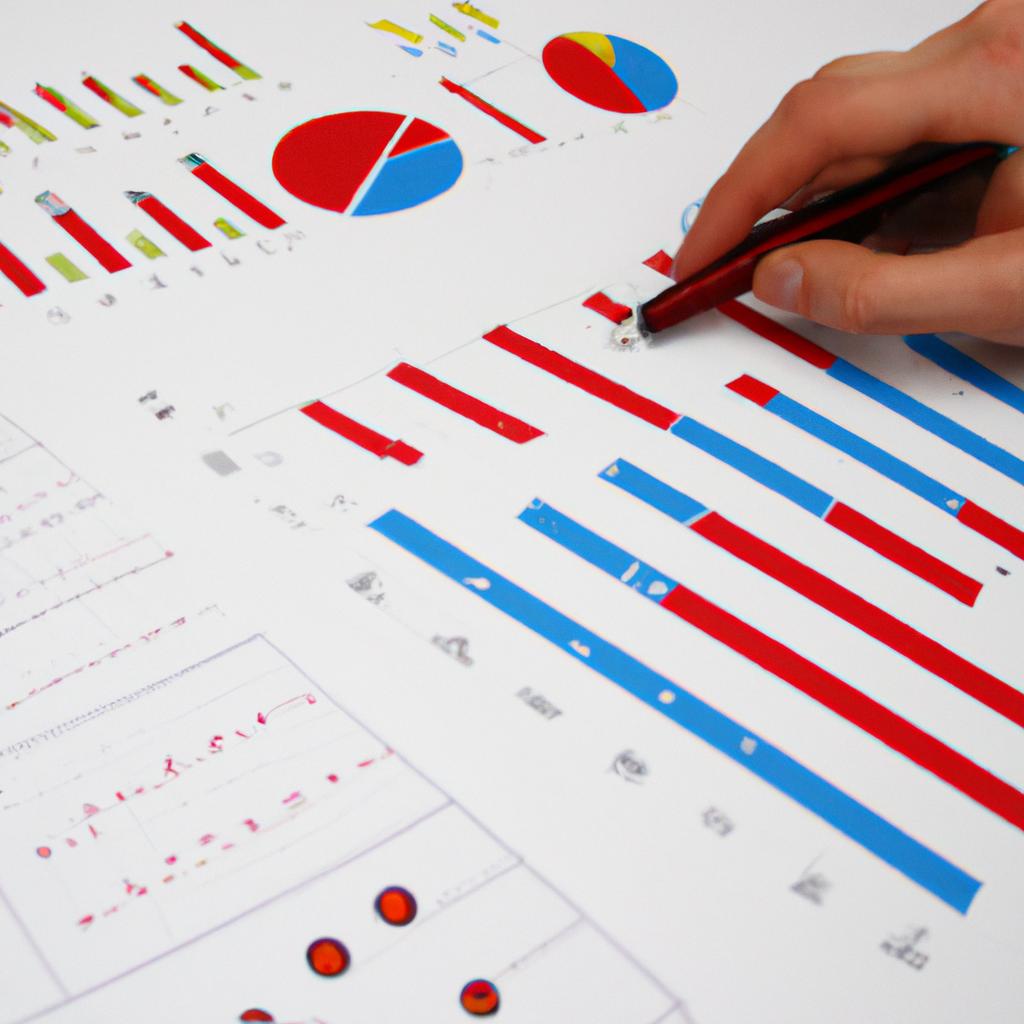People’s incapacity to pay for their costs with their income is the most significant cause of consumer loans’ expansion. Borrowing money is nothing unusual these days, unlike in the past when it was frowned upon. Loans are taken out for various reasons, including funding a down payment, paying for school, traveling, or renovating a house. If you want to know more about loans then read all information from Champion.
In addition, the government utilizes loans to manage the country’s economy via banks and other lenders. Because loans allow people to purchase long-lasting assets and substantial expenditures, they also increase the overall well-being of the economy.
You may be shocked to learn that the expansion of credit markets has been connected to economic growth. We’ll go through the importance of consumer loans in the economy a little more below to help you make sense of this.
What Is a Consumer Loan, and How Do They Work?
The first step in understanding consumer loans’ importance is defining the various forms of financing available. The term “consumer loan” refers to any loan or line of credit geared at individuals and their families. It denotes that the money is earmarked for a single person or a small group.
Loans to consumers may come in various shapes and sizes, including those for things like cars, credit cards, education, and other personal expenses. Each may be used for multiple objectives, including automobile purchases, daily spending, education, etc. Consumer loans allow many individuals to fund their lifestyles in various ways.
The Economic Impact of Consumer Loans
To meet their personal and fundamental necessities, consumers increasingly turn to loans because of the chronic scarcity of funds. According to statistics, it’s not surprising that consumer debt is rising. In the third quarter of 2020, consumer debt incurred to fuel household spending in the United States alone increased by $87 billion.
In addition to the U.S., several emerging nations are seeing a tremendous rise in debt. To avoid an economic slowdown and an increase in unemployment, the amount of debt must be increased to compensate for the growing income disparity and the trade imbalance.
Consumer expenditure is a component of Gross Domestic Product (GDP), a measure of economic production. Consequently, a rise in consumer spending directly affects GDP. As a result, consumer loans significantly impact the economy because they enable consumers to buy more than they can afford.
Economic Impact of Consumer Loans
Consumer loans and economic development are linked. Take a look at the various functions that consumer loans play and why the government utilizes them to manage the economy to understand it better.
Loans as a Stabilizer in the Economic Climate.
All governments actively promote economic development, full employment, and stable prices. The career of monetary policy by the government in the United States is one method of influencing economic activity. The Federal Reserve System exercises control over the money supply, interest rates, and other aspects of monetary policy.
Inflation reduces the buying power of consumers by raising the cost of goods and services. The government boosts interest rates and reduces the money supply to deal with these problems. There will be less demand for goods and services due to a tightening of the money supply.
An economic downturn is usually preceded by deflation, which is the reverse. For economic recovery, the government lowers interest rates and raises the total amount of currency in circulation. Consumers are more likely to take out loans and spend more money.
In any case, loans serve a critical role in preventing a recession and keeping the economy stable. Loans, however, have far-reaching impacts. Investment debt and consumer debt are only two examples of how loans affect the economy.
Loans are categorized as consumer debt in the eyes of the law.
Consumer debt includes loans used to pay for personal or home expenses. Even though it is impossible to make money from debt, it substantially impacts economic growth.
To keep up with the rising demand for loans, the GDP continues to grow, which provides additional lending options. As investment and government spending add to this consumer spending, the economy will continue to rise.
Loans as a form of equity
Increased borrowing and spending by consumers necessitate an increase in output by businesses to meet the demand. When they cannot get the funds for such procedures, they would turn to loans to keep their firm afloat—investing in this way results in debt that can be used to produce products and services that benefit the economy.
Takeaway
Consumers’ wants and requirements can only be met with the aid of loans. On top of that, it boosts the economy, which helps everyone. Consumers would be able to raise their level of life due to economic expansion.








